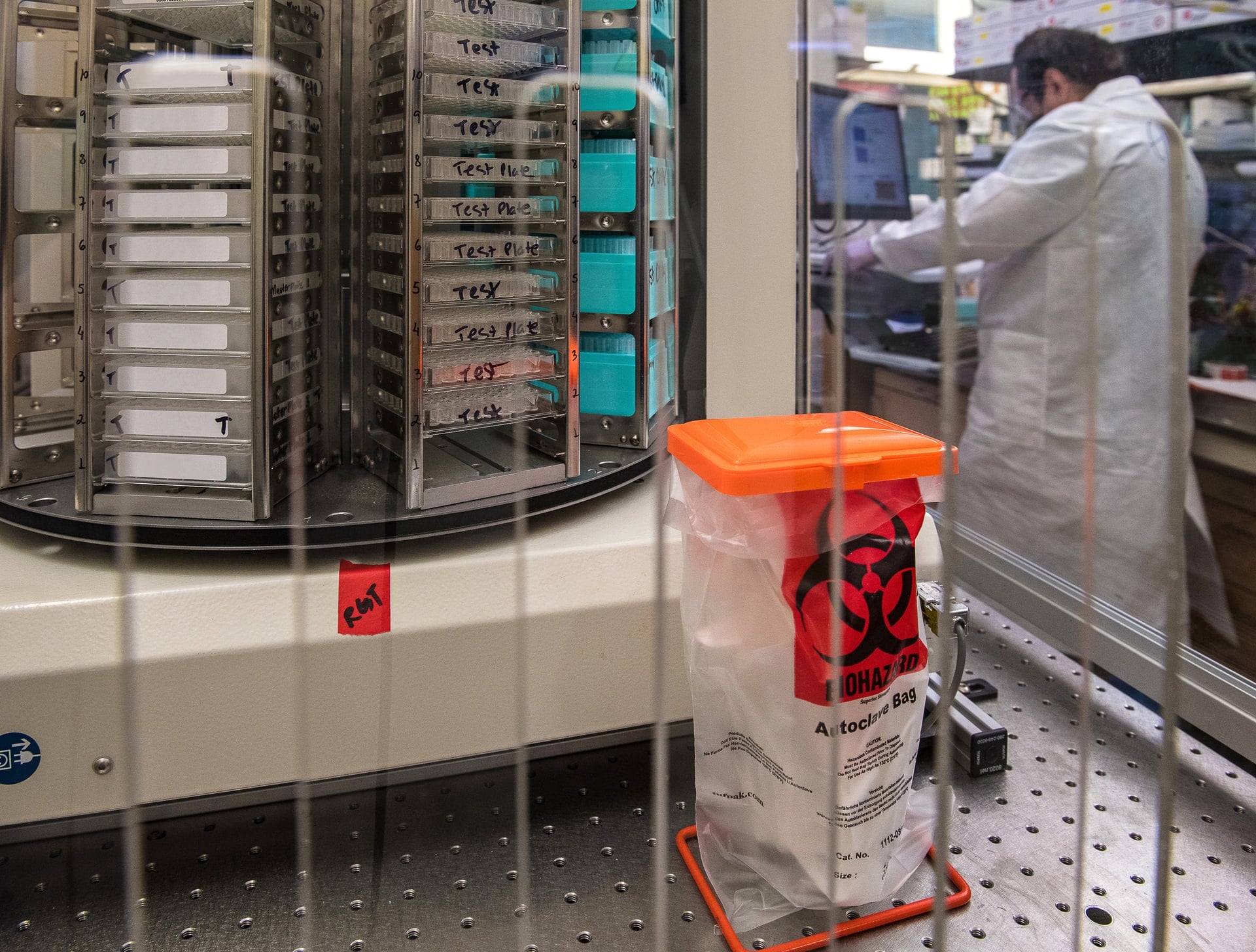Enterprise resource planning (ERP) software and online ERP software are used by numerous businesses, including for laboratory management.
Just about any business can benefit from ERP due to the fact that it can automate numerous processes and streamline overall workflow, leading to more efficient operations. Laboratory operators specifically can benefit from learning about resource planning in small manufacturing and what SAP ByDesign is.
ERP solutions are useful at both beginner and expert laboratories–in this article, we’ll talk about why.
Why ERP Software Is Important for Laboratory Management
ERP is important for a variety of different reasons when it comes to laboratory management, and it can automate far more than just the operational aspects of the business. ERP can be involved in purchasing, sales, logistics, inventory, warehouse control, and payroll.
The primary goal of ERP software is to make the business processes efficient through the connection of information regarding production, costs, material demands, and management.
Let’s dive into the variety of functions ERP can offer laboratory management.
1. Supply Chain Management (SCM)
Through the implementation of an ERP system, businesses can ensure that they can process all of the materials efficiently—including raw materials and components—and enable efficient delivery that adheres to quality standards.
Keep in mind that most laboratory equipment can be susceptible to weather, humidity, and other real-world effects, so efficiently is of the utmost importance, something ERP can manage well. ERP software for customer relationship management can also play an important role here.
2. Production Planning
Another use case can be seen in the form of production planning. Those running a laboratory or working within it will need to make adjustments to their production plan while taking into consideration specific variables.
The company as a whole will also need to manage the staff, which often makes up the most significant portion of the production. Planning also needs to take into account any changes to the environment as it changes in real-time.
3. Capacity Management
Every time a laboratory needs to create or monitor a specific product, the laboratory will typically feature a predefined process the staff needs to adhere to. There is also a maximum, pre-specified number of projects that can be monitored or worked on within a specific time frame.
This often requires production order planning alongside material requirements planning. The maximum capacity of the laboratory is dependent on the number of available tools, products, and other variables that make up the overall procedure.
4. Space Occupation
Space Occupation refers to the space which is used by the tools of a laboratory. Companies will want to know which laboratory experts are present in the laboratory at any given point in time and what tools they use—ERP can help track this.
5. Equipment Management and Maintenance
The control of the stock of available equipment, as well as the availability of raw materials, is essential. Having this information remain up to date allows the person orders to distributors to be accurate in real time.
Moving Forward With ERP Implementation in the Laboratory
ERP can provide software that can be integrated in laboratory management-oriented businesses to powerful effect. By leveraging ERP solutions, operators can gain data surrounding operational costs, conduct expense analysis, and get stock management metrics–all of which are essential for the operation and management of any laboratory.





